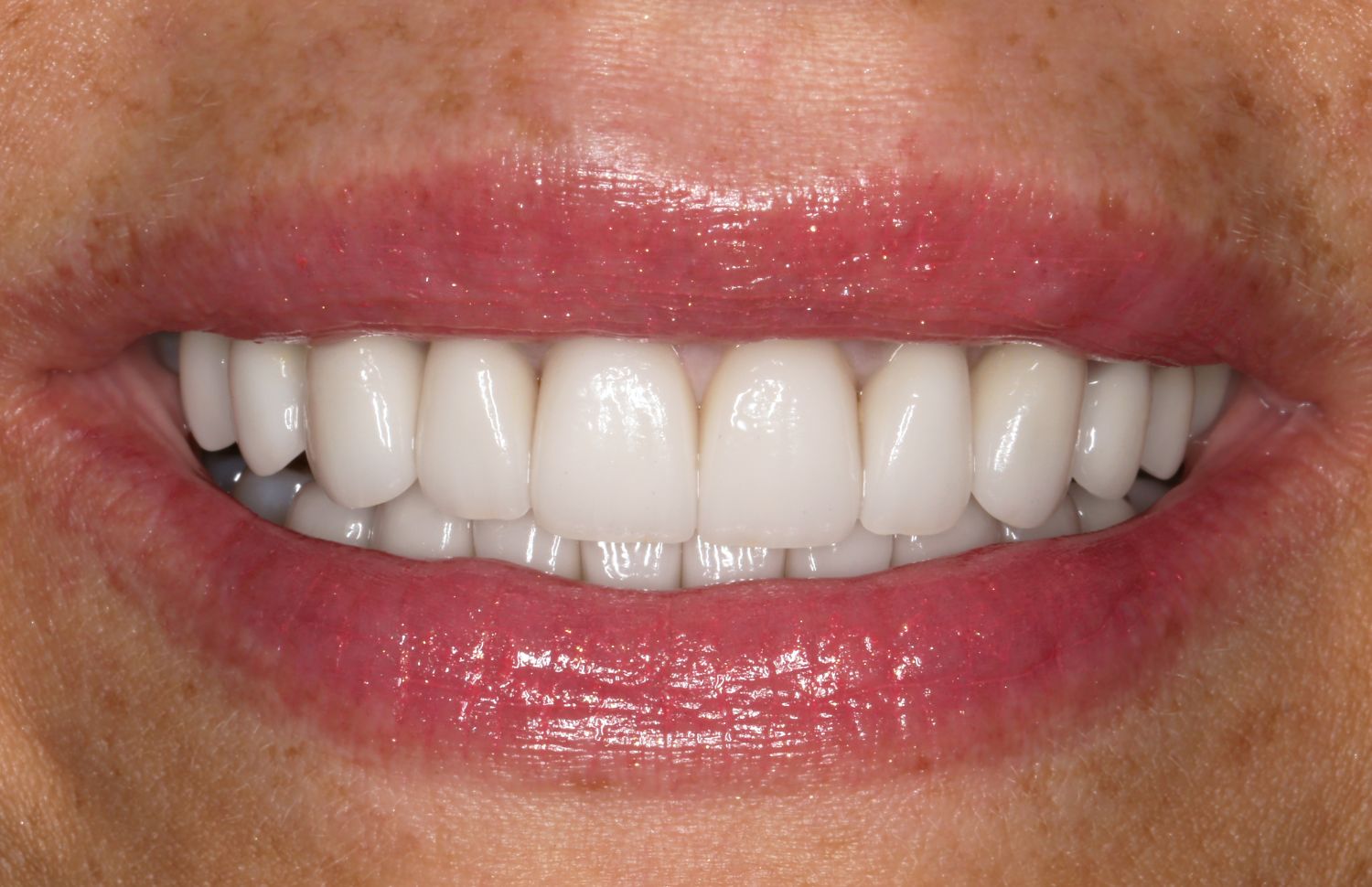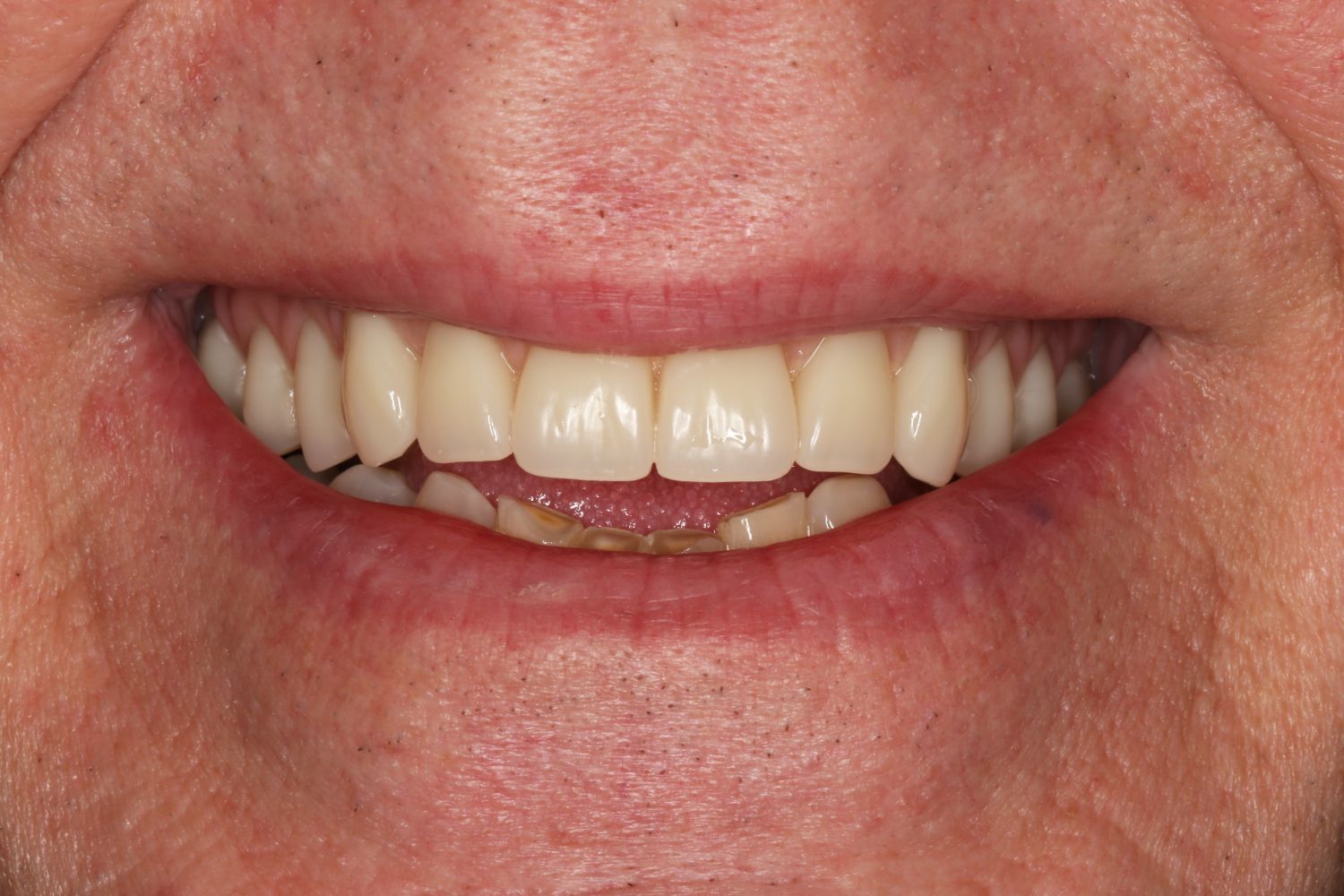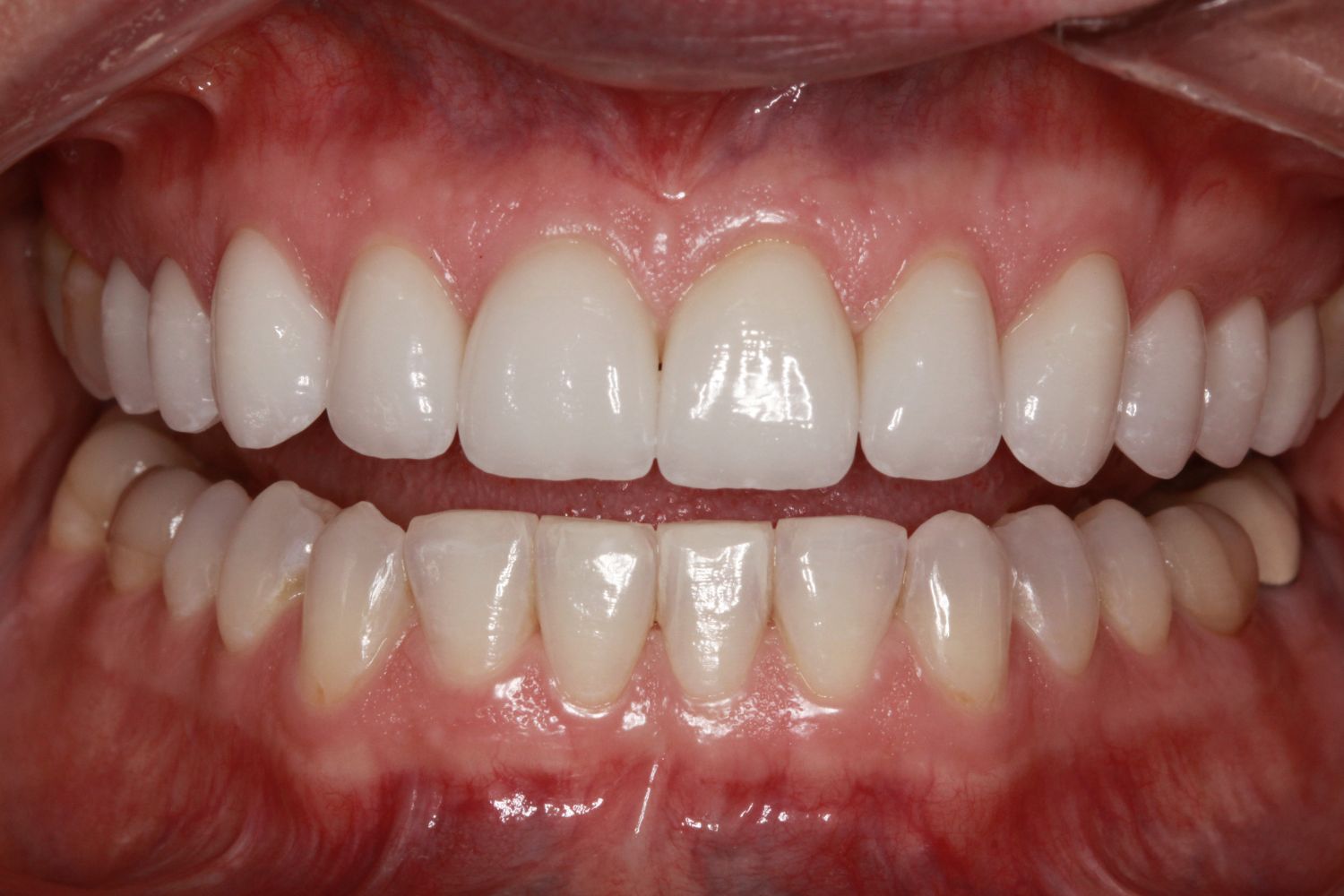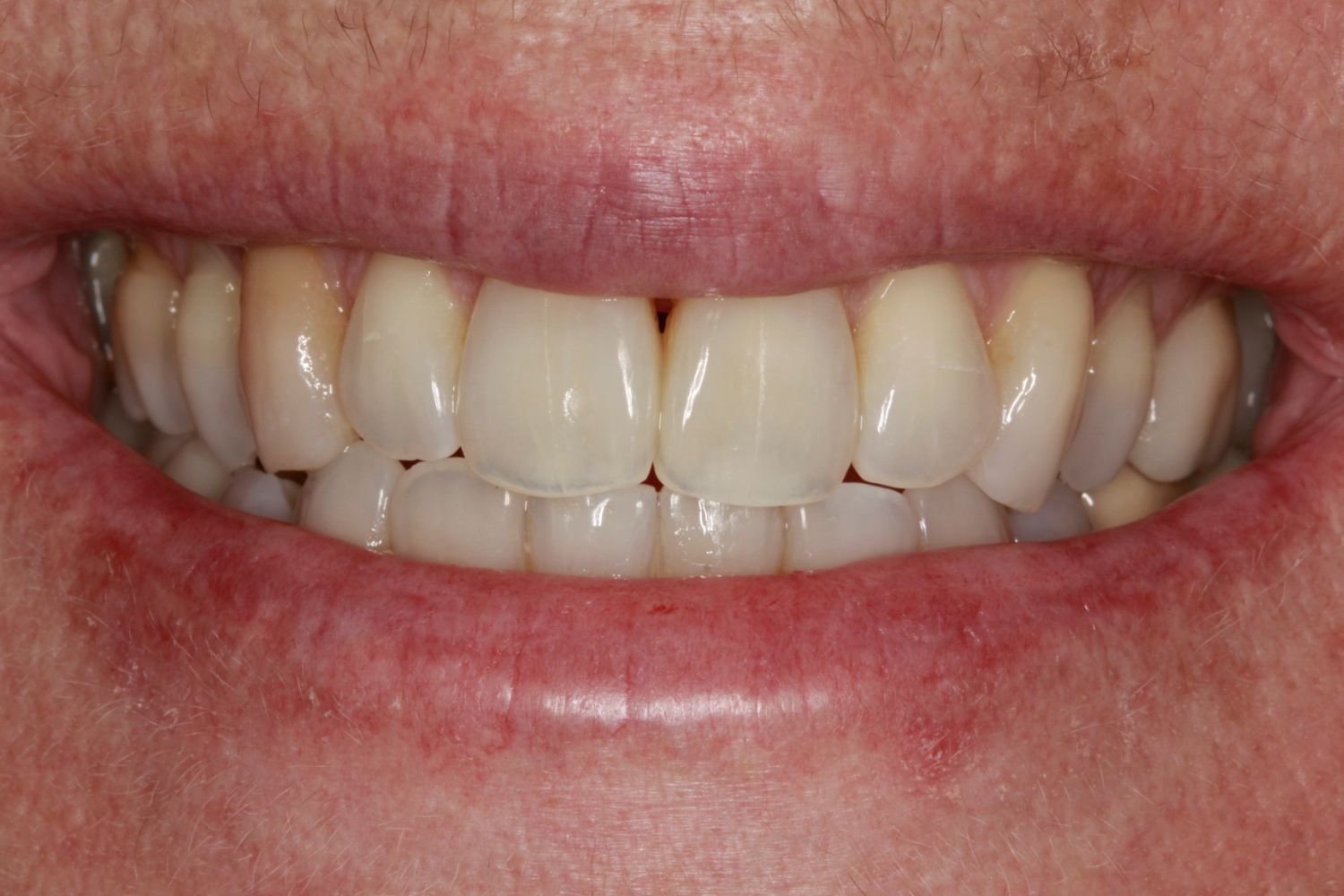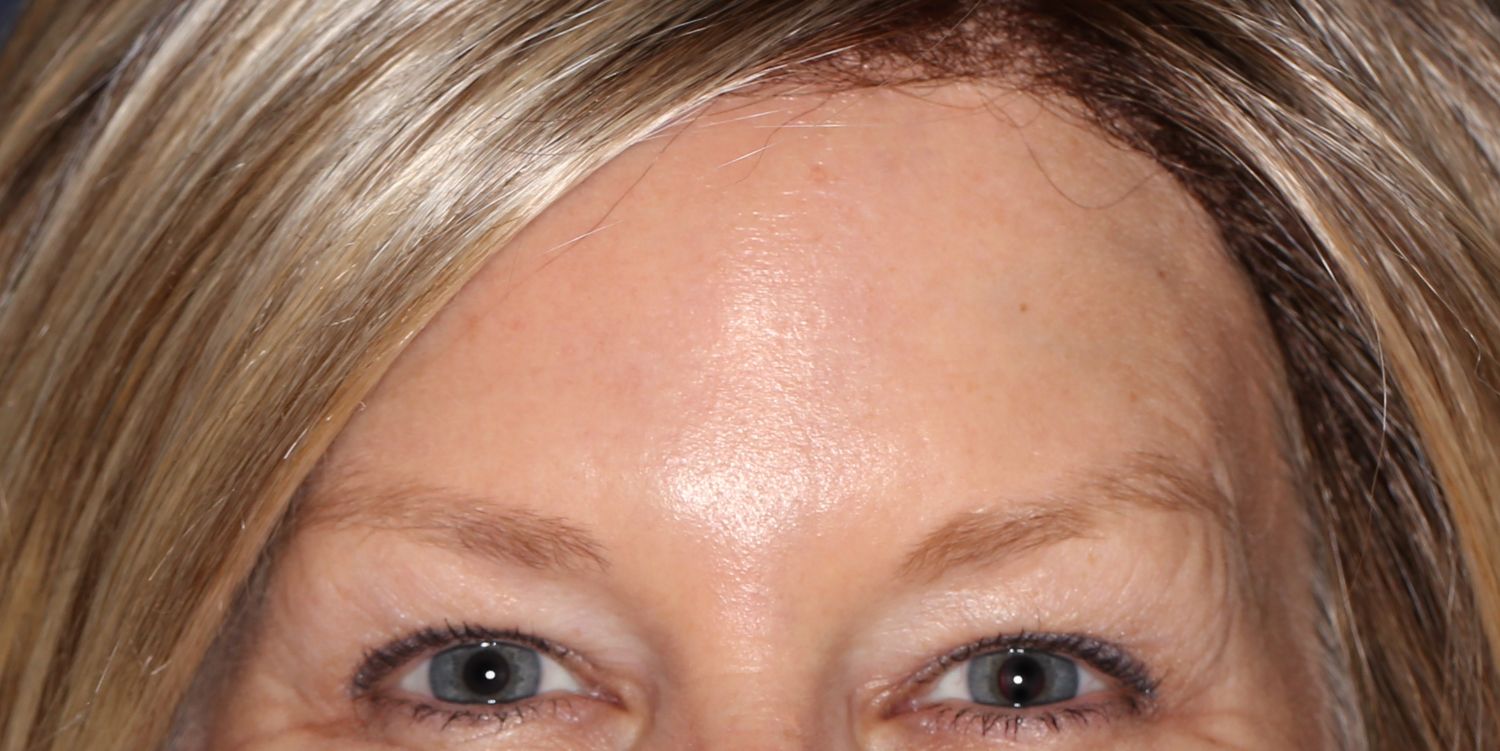Mike
Amber
Marlene
Anne
Wrinkle Reducers
NICD Office Update on COVID-19
Dear friends, patients and colleagues:
I hope this message finds you well and safe. I am writing to inform you of how NICD will be conducting business in April and May.
The most recent modeling projects that our Nebraska communities will reach peak viral experience in late April and early May. Consistent with the best practices advised by the American Dental Association, the Nebraska Dental Board and our community leaders, NICD will be closed during the months of April and May. This action will help to diminish the community spread of COVID-19 and to “flatten the curve,” which will reduce the number of illnesses and deaths among our fellow citizens.
Our dental team will be available for emergency needs and essential services, either by phone or in person by appointment. My cell phone number is (402) 960-4380. Feel free to contact either of us with any questions, comments or needs you may have during the coming months.
On a personal note, I would like to urge each and every one of you to practice all of the recommendations the Centers for Disease Control and Prevention (CDC) have put forth. We have the benefit of living in a sparsely populated state, but in no way should we assume that what is happening in more densely populated areas could not happen here as well. Being a proud Nebraskan, I would like to think that we have the grit to persevere through anything. With that, I wish you and your families the best during these unprecedented, challenging times.
Warmest regards,
Michael Sesemann and Staff
Study Shows Water Fluoridation Helps Adults

It has been known for decades that water fluoridation prevents tooth decay in children. Now there’s research showing that it does the same for adults.
The evidence comes from a study conducted by the Australian National Survey of Adult Oral Health that recently was published in the Journal of Dental Research.
Most surprising was the discovery that adults who had not had fluoride as children still received decay-fighting benefits from water fluoridation as adults. This reinforces the theory that water fluoridation has a topical effect in preventing dental decay.
Research has long shown that when people are exposed to that during their formative years, their dentitions are more strongly crystallized and gain increased resistance to decay.
The Nebraska Institute of Comprehensive Dentistry is a dental office in Omaha, Neb., that specializes in comprehensive and cosmetic dentistry. To make an appointment for a dental checkup, call 402-392-2880.
NICD Celebrates Another 25th Anniversary

Don’t let her youthful demeanor fool you. Christy VanRyckeghem, CDA, has been on staff with Dr. Michael Sesemann for 25 years, acting as Comprehensive Case Coordinator for much of that time.
Christy is the fourth staff member to have devoted 25 years to NICD, and she claims the time has flown by. “Our practice has evolved so much and the type of dentistry we do is so interesting. Every day is different. We could be restoring a smile, placing an implant, doing a gum graft or even lip augmentation.
“I’m really proud to be a part of a practice where what we do is such a team effort – patients recognize it and tell people about us. That makes it all worthwhile.”
According to Dr. Sesemann, patients also recognize Christy for her compassion. “One of Christy’s most important contributions to our team is her support of patients. They often comment on how sincerely caring she is.”
Please join Dr. Sesemann and NICD in congratulating Christy on 25 years of devotion to dental excellence.
Cheese may protect teeth from cavities

Here’s one more reason to keep cheese lovers happy: Cheese may help keep a smile healthy.
Eating cheese was shown in a new study to increase dental plaque pH, which in turn decreased the odds of developing cavities in patients. The study was published in the May/June 2013 issue General Dentistry.
“What I think is exciting about this is it shows that cheese -particularly as a snack- can reduce the acids that will cause cavities and gum disease,” Dr. Jeffrey M. Cole, president of the Academy of General Dentistry, said to CBSNews.com.
Sixty-eight adolescent subjects between the ages of 12 and 15 were enrolled in the study. Dentists measured their dental plaque pH before they ate dairy and after.
A baseline pH of 7 means the environment is neutral. Anything above or below 7 is considered basic or acidic, respectively. A pH level lower than 5.5 puts a person at risk for tooth erosion, which is when the protective enamel layer on the teeth is worn away. This leaves the tooth vulnerable to cavities, also known as dental caries, and other problems.
After the initial dental plaque pH levels were taken, the subjects were told to eat cheddar cheese, drink milk or eat sugar-free yogurt for three minutes and then rinse their mouths with water. The researchers then measured pH levels 10, 20 and 30 minutes after the subjects stopped eating.
The subjects who ate the milk and sugar-free yogurt had no pH changes. However, those who ate cheese had a quick, steady increase of pH as time progressed.
Researchers believe that eating cheese stimulates saliva production, which is the body’s way of keeping the mouth at a normal acidity level. The saliva acts as a flush to remove any residue in your mouth, and also provides a buffer against high levels of acidity.
Cole points out that cheese contains pyrophosphates, which is a salt or ester that is commonly found in fluorides and toothpaste. They can work to re-mineralize a tooth that has been surrounded by acid.
Even better news is that no fat, low fat and regular cheese have the same properties, so people can snack on a healthier option while still getting the same benefits. Some cheeses can be packed with saturated fats and sodium.
Before cheese was considered a good snack because it wasn’t a bad food item when it came to teeth, Cole explained. Now, this study shows that dentists can rest assured that cheese can actually keep a person grinning.
“In a lot of low-carb diets, string cheese is the go-to snack,” Cole commented. “(Cheese) not only it fits one of those diets, it’s actually good for your teeth! It makes it all the much better.”

